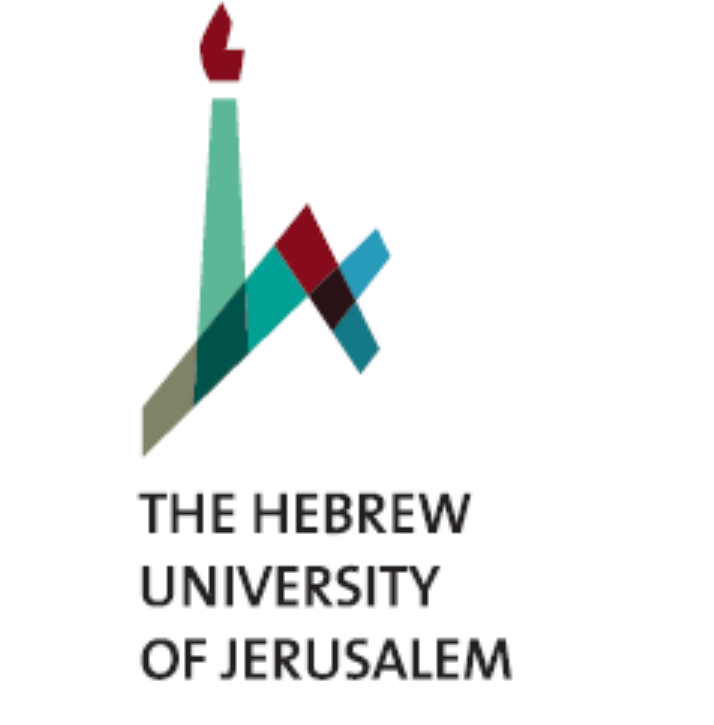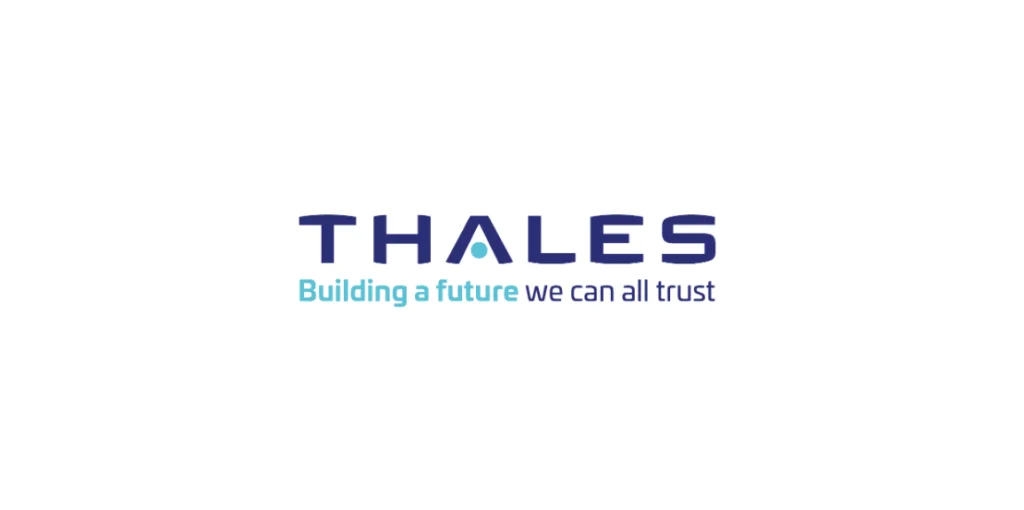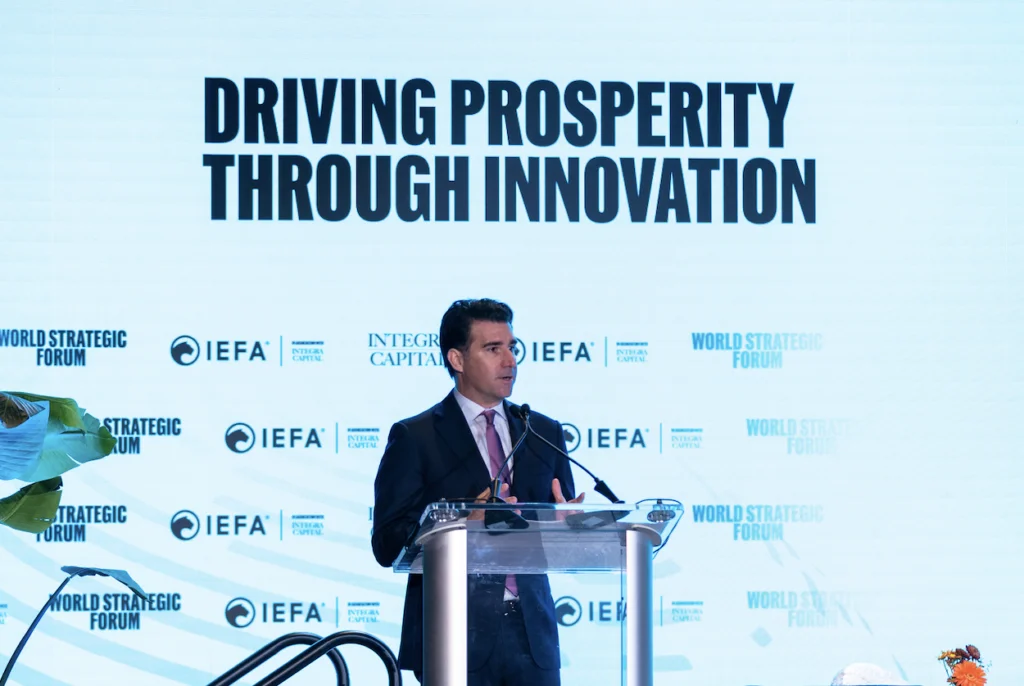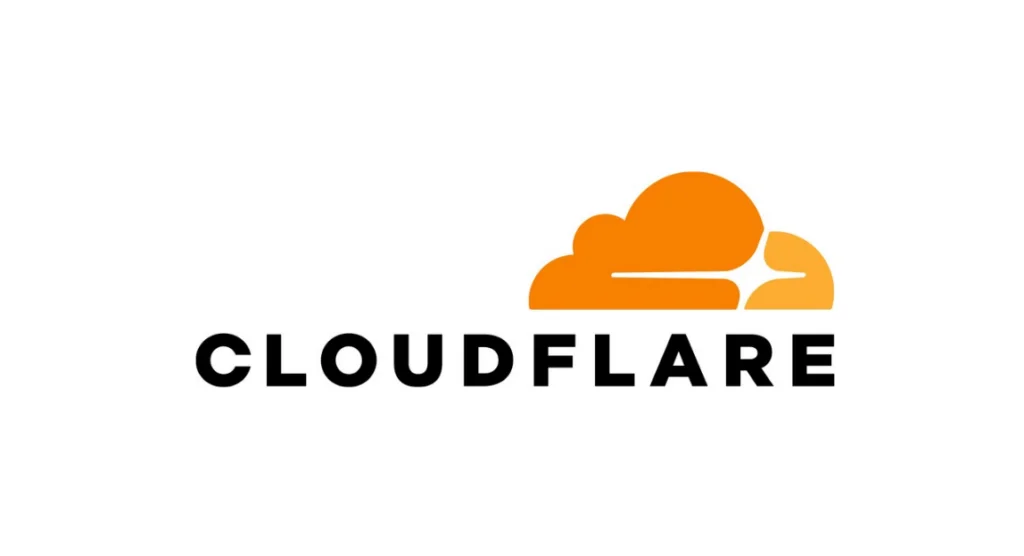Researchers have developed a groundbreaking method to enhance quantum technology performance by using the cross-correlation of two noise sources. This strategy significantly extends coherence time, improves control fidelity, and increases sensitivity for high-frequency sensing, addressing key challenges in quantum systems and offering a tenfold increase in stability. This work is published in the journal Physical Review Letters.
The research, conducted by experts in quantum physics, including Ph.D. student Alon Salhov under Prof. Alex Retzker from Hebrew University, Ph.D. student Qingyun Cao under Prof. Fedor Jelezko and Dr. Genko Genov from Ulm University, and Prof. Jianming Cai from Huazhong University of Science and Technology, marks a significant breakthrough in quantum technology.
“Our innovative approach extends our toolbox for protecting quantum systems from noise,” said Salhov. “By focusing on the interplay between multiple noise sources, we’ve unlocked unprecedented levels of performance, bringing us closer to the practical implementation of quantum technologies.”

Quantum technologies like quantum computers and sensors hold immense potential across various fields, such as computing, cryptography, and medical imaging. However, noise disruption in quantum states has been a major obstacle. Traditional noise mitigation methods, which focus on temporal autocorrelation, often fall short when other types of noise correlations are present.

By leveraging the cross-correlation between two noise sources, the team has managed to exploit the destructive interference of cross-correlated noise. This dramatically improves the stability and performance of the quantum systems, setting the way forward for much more reliable, sensitive quantum devices. This would thus represent not only a great stride in quantum research but also in many other industries, for example, highly sensitive measurements in health care.
















